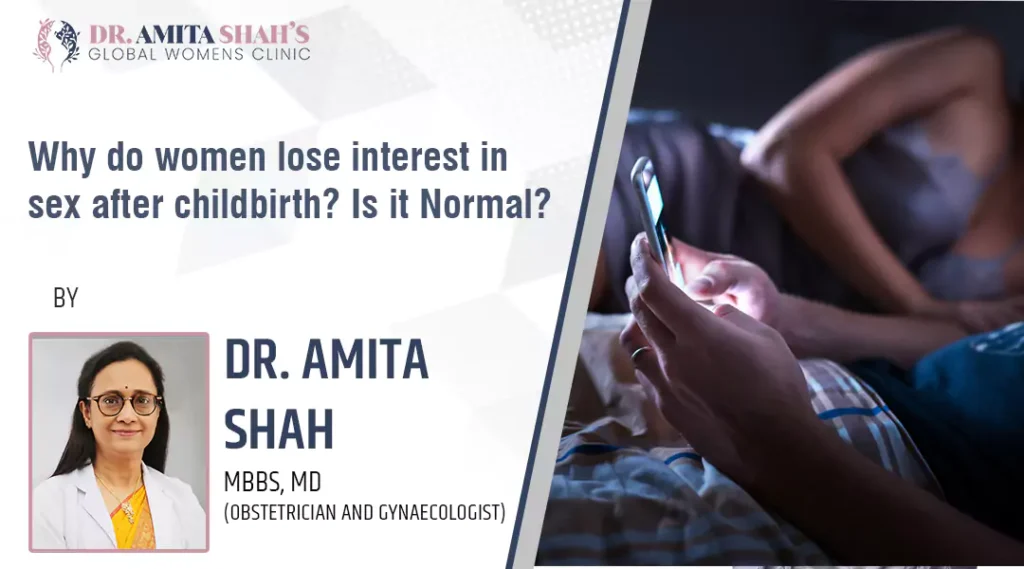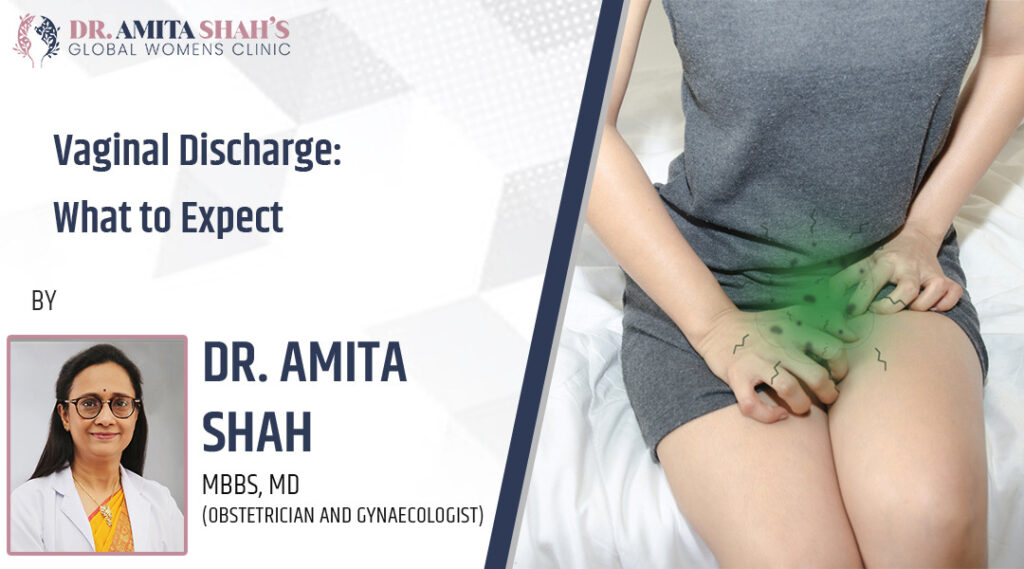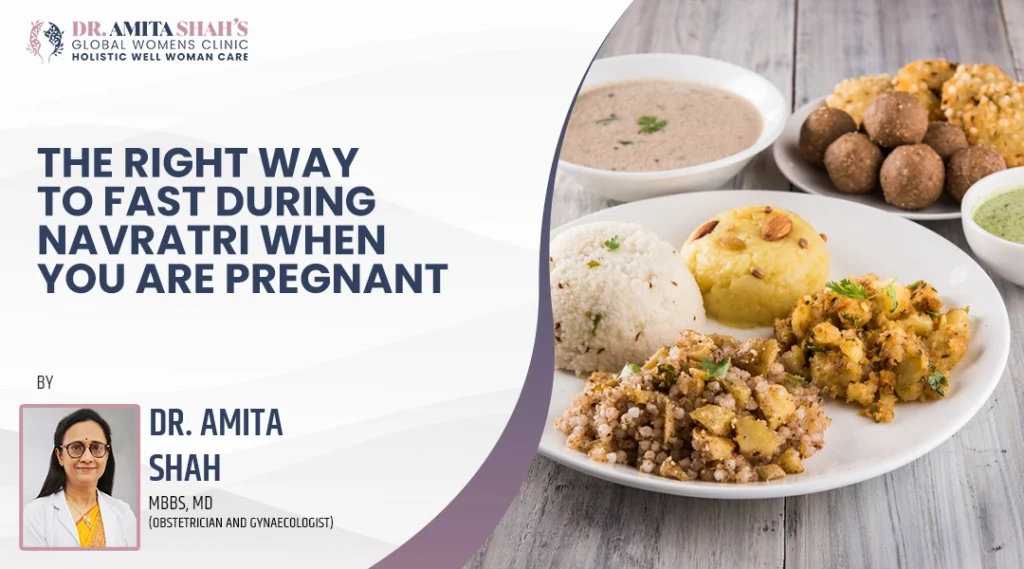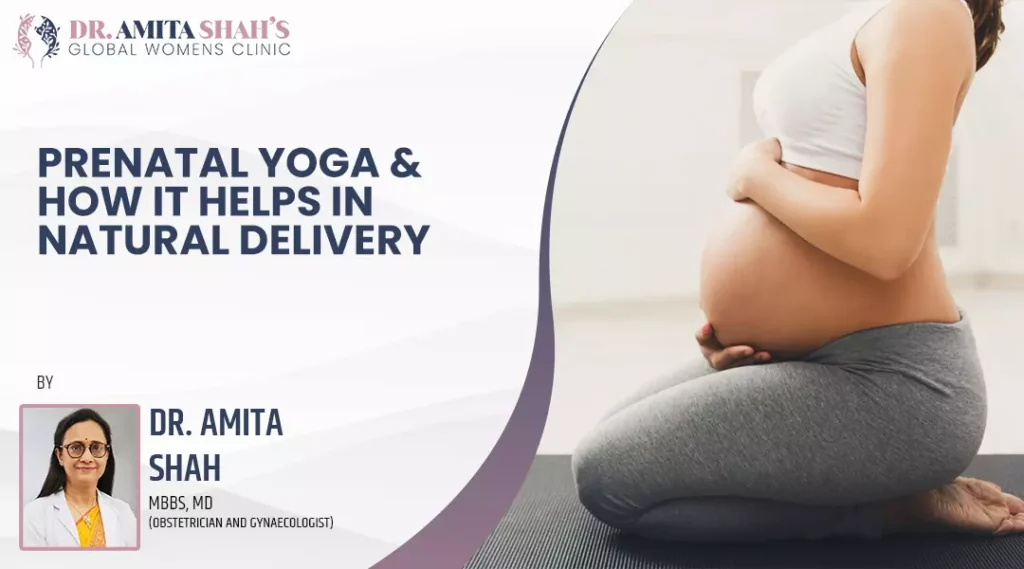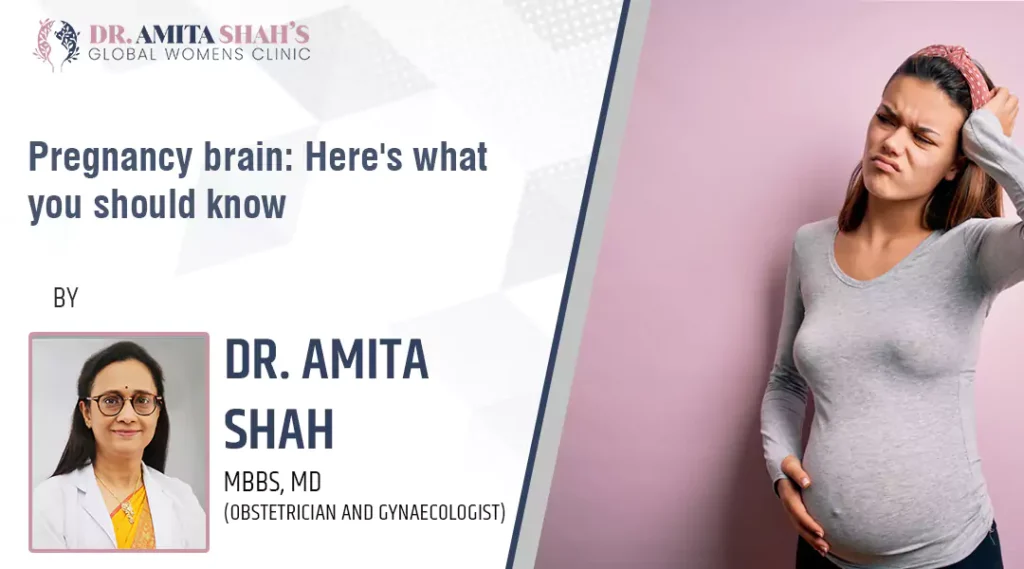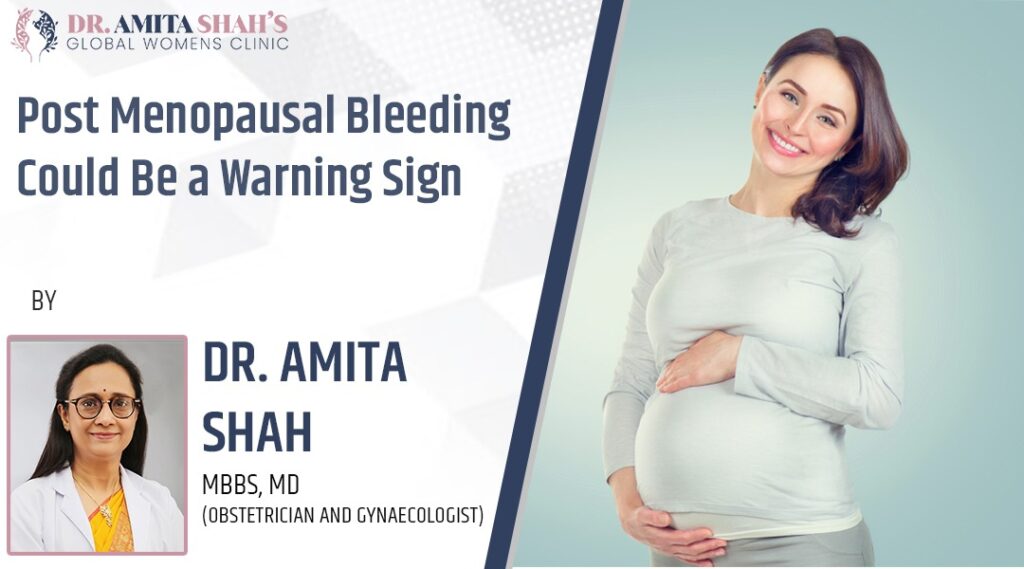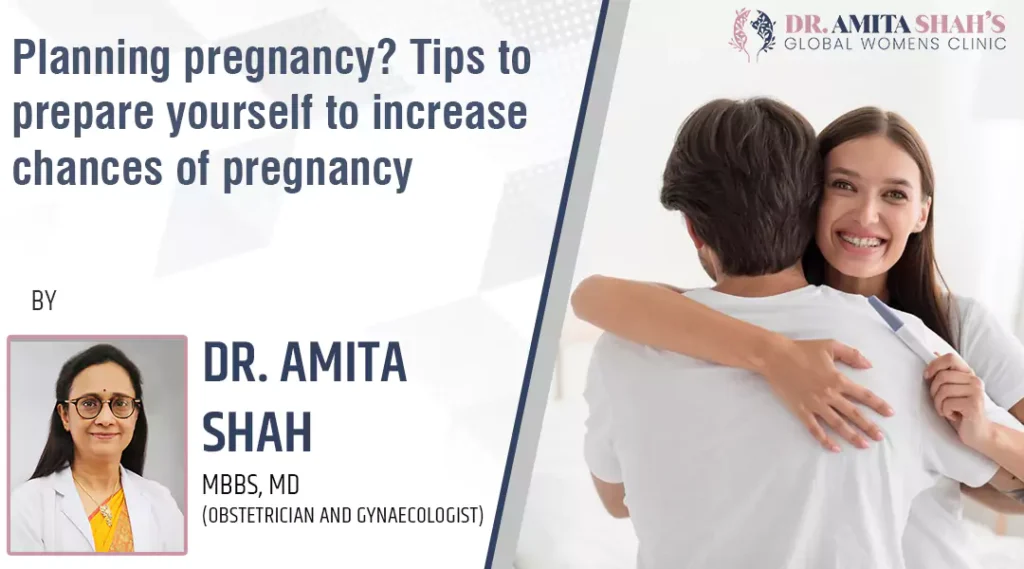What Are Uterine Fibroids?
Fibroids are smooth muscle tumours that can form in the walls of a woman’s uterus. It is expected that one in every five women may acquire fibroids when in childbearing age. By the age of 50, about half of all women are suffering from fibroids. Fibroid tumours are uncommon in women under the age of 20. Call and book your appointment with Dr.Amita Shah’s Global Women’s Clinic.
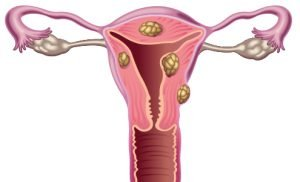
uterine fibroids are a common occurrence. The majority of women get them by the age of 50. Fortunately, these non-cancerous uterine growths are usually innocuous. uterine fibroids have different names depending on whether they grow inside or outside of the uterus:
- (i). Intramural fibroids develop in the muscles of the uterine wall.
- (ii). Submucosal fibroids grow and protrude into the uterine cavity.
- (iii). Subserosal fibroids protrude from the uterine wall and into the pelvic cavity.
- (iv). Pedunculated fibroids are fibroids that grow inside or outside the uterus and are linked to the uterine wall by a slender stalk.
- Doctors aren’t clear why women develop uterine fibroids, but oestrogen and progesterone are thought to play a role. These growths could potentially be inherited.
Are Fibroids Harmful?
It’s understandable to think, “Are fibroids serious?” They are, after all, aberrant growths in your body. But don’t be concerned. Fibroids are rarely harmful. uterine fibroids rarely cause a medical emergency. If this occurs, it could be due to a rupture. This is usually a very unpleasant event. The pain may be accompanied by dizziness as a result of blood loss. Seek medical assistance right away if you experience sudden pain in your pelvis.
Although fibroids are rarely hazardous, they can cause additional symptoms such as pelvic pain or pressure, heavy menstruation, constipation, and more. Uterine fibroids can also cause infertility in some situations.
Can Fibroids Cause Cancer?
uterine fibroids that are malignant are extremely rare. Only about 1 in 1000 fibroids are malignant. Furthermore, having uterine fibroids does not enhance your risk of developing uterine cancer.
It is exceedingly unlikely that someone may die as a result of uterine fibroids. These noncancerous growths are typically found and monitored long before they become problematic. There are numerous treatment options for fibroids, including simple monitoring. In almost all cases, a uterine fibroid may be removed before it causes major damage. Remember, in most circumstances, you will be completely unaware that you ever had a fibroid!
What Happens If Fibroids Aren’t Treated?
Many fibroids may not necessitate any treatment. In reality, many women have no symptoms of uterine fibroids. If your doctor discovers your fibroids, he or she may just decide to monitor them at your regular check-ups.
Fibroids that are left untreated may gradually disappear on their own. If your fibroid develops during pregnancy, it may go away after you give birth. Another usual event is the shrinking and disappearance of fibroids following menopause. Researchers believe that these alterations are caused by hormonal shifts throughout pregnancy and menopause.
Can Fibroids Be Removed Without Surgery?
Surgery is one of the most popular treatments for fibroids that cause moderate to severe symptoms. However, surgery is not always required. If you experience minor symptoms, your doctor may advise you to take certain medications. Over-the-counter pain medications are a common treatment for fibroids. Hormonal drugs, such as birth control pills and devices, can also aid in the management of symptoms such as heavy bleeding.
In some situations, your doctor may advise you to take gonadotropin-releasing hormone agonists (GnRHa). As long as you take the medication, these drugs can shrink fibroids. However, because the medicine promotes bone thinning, it is not a long-term treatment. As a result, GnRHa therapy is usually limited to 6 months or less. Another disadvantage is that fibroids frequently reappear after using this drug. As a result, GnRHas is commonly used by doctors to facilitate the surgical excision of fibroids.
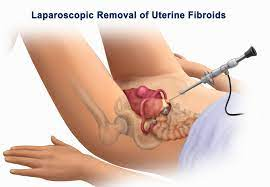
Fibroids Diagnosis
During a pelvic exam, gynaecologists frequently detect the presence of fibroids. Your doctor may additionally recommend that you undertake one of the following diagnostic tests to determine the type of fibroids you have:
- Ultrasound – Ultrasounds produce sound waves that create an image of your uterus and other pelvic organs.
- Hysteroscopy–A hysteroscope is inserted through your vagina and cervix to get a clear picture of any fibroids in your uterus.
- Hysterosalpingography–This x-ray exam is used by doctors to detect any unusual changes in the size and form of your fallopian tubes and uterus.
- Sonohysterography–The doctor utilises an ultrasound after putting fluids into your uterus to gain a better image of your uterine lining.
- Laparoscopy–Your surgeon creates a small incision around your navel. They will next introduce laparoscopic equipment into your uterus to examine fibroids on the outside of your uterus. When tracking the growth of fibroids, doctors occasionally rely on imaging studies like magnetic resonance imaging (MRI).
Fibroid treatment options
If you meet the following criteria, you may not need treatment for fibroids:
- (i). Your fibroids are minor.
- (ii). Are not causing any problems
- (iii). Appear when you are nearing menopause
Medication may be used to treat certain fibroids. These drugs often regulate heavy bleeding and alleviate pain associated with menstruation:
- Birth control or other hormonal medication for menstrual cramps and pain
- For women whose tumours do not deform the uterus, a progestin IUD is used.
- GnRH agonists can be used to interrupt your menstrual cycle and potentially lessen the size of your fibroids. They are typically prescribed before surgery.
Your doctor may advise you to have surgery to remove your fibroids for long-term alleviation of your problems. Fibroid removal surgery options include:
- (i). Myomectomy-
Your surgeon will remove any existing fibroids while leaving your uterus alone. You will be able to carry a child as a result of this. New fibroids could still develop in your uterus, necessitating surgery in the future.
- (ii). Hysterectomy-
Depending on the severity of your ailment, your surgeon may remove your entire uterus as well as your ovaries. A hysterectomy is often done as a last resort when previous treatment options have failed to control your fibroids.
When Should You Consult Your Doctor About Uterine Fibroids?
Although uterine fibroids are rarely fatal, they can be painful and reduce your quality of life. If you are in pain or having difficulty getting pregnant, don’t be afraid to speak out. There are numerous ways in which we may assist!
With a trained, experienced team of professionals on your side, you may manage the bothersome symptoms caused by your uterine fibroids and get back to living your life. Schedule your appointment today with Dr. Amita Shah who is the best gynae for women-uterine fibroids.



